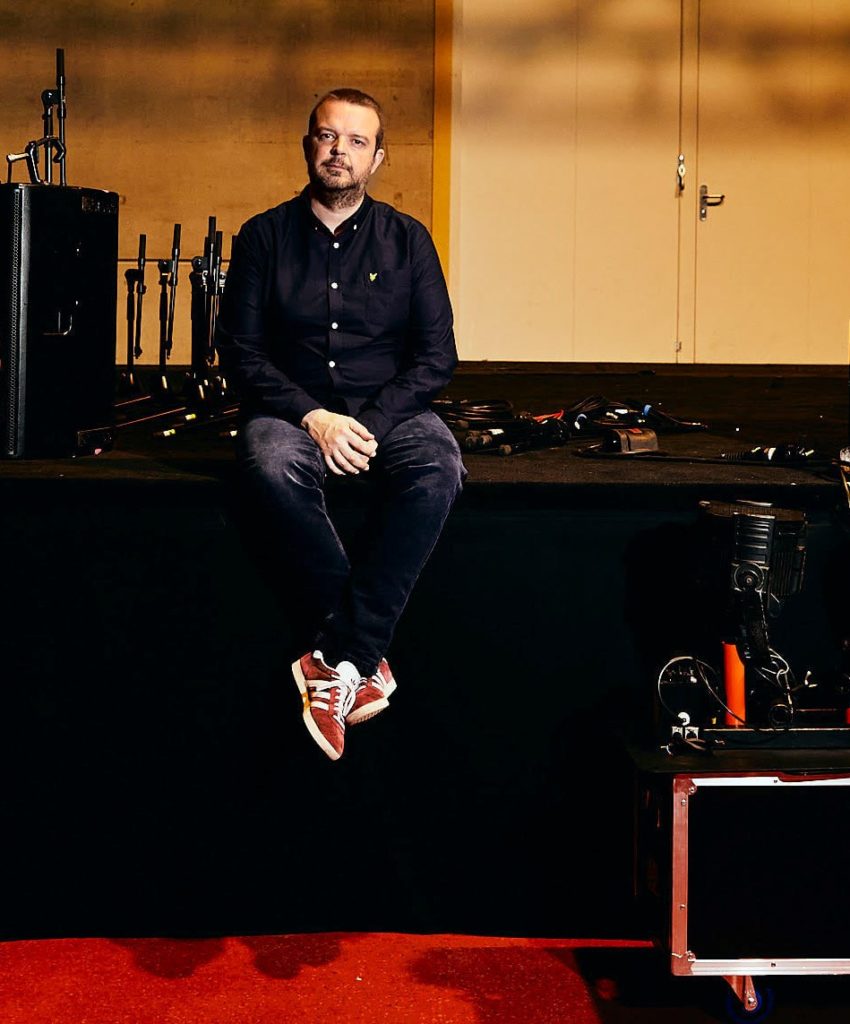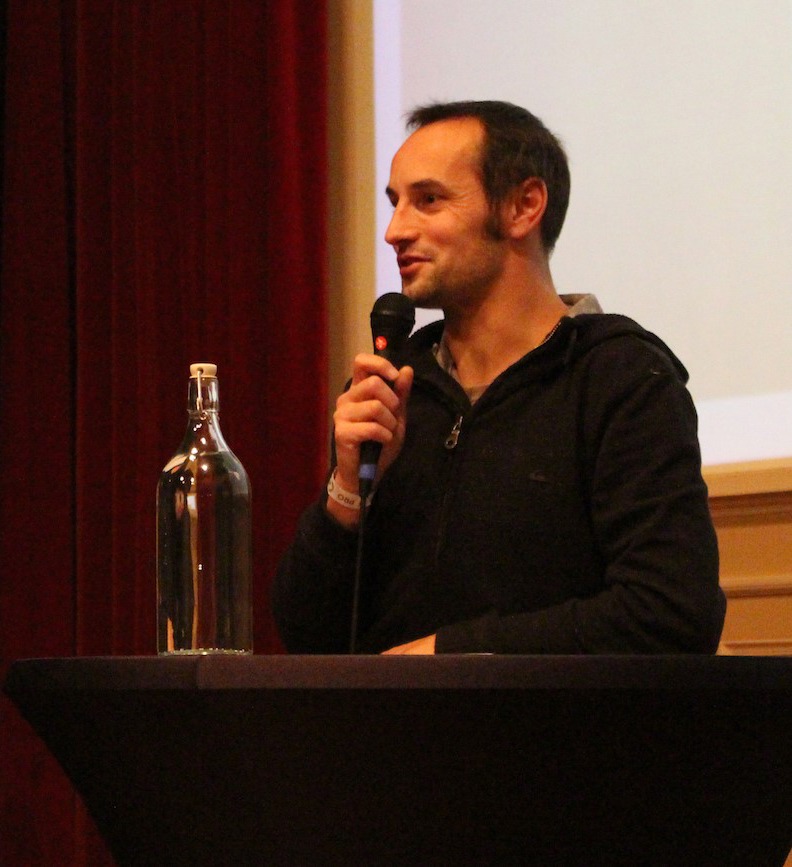“It’s really important for us to be at the forefront on the sustainability and inclusion questions, to inspire others and help with all these things. If we don’t have a sustainable future, we may not have a future at all.”
Communication Officer
-
Next Generation EU & long-term EU budget On the 27th of May, the European Commission put forward its proposal to create a new recovery instrument, “Next Generation EU”. The Commission also presented a new proposal of the long-term EU budget for the next Multinannual Financial Framework 2021 – 2027 in response to the new context:…
Read»
-
Investing in our culture is investing in our future. Now is the time to turn words into concrete measures.
Read»
-
Last update: 29/06/2020 – 14:00 This article presents the different exit strategies for the live music sector in the countries part of the Live DMA network as well as the reactions of our members.
Read»
-
This article presents: WHAT IS THE VAT The Value Added Tax, or VAT, in the European Union is a general, broadly based consumption tax assessed on the value added to goods and services. Source: European Commission The live music sector is international. It can thus be difficult to grasp all the VAT requirements of each country and…
Read»
-
On 8 April 2020, the EU cultural ministers discussed the effects of COVID-19 on the cultural and creative sector in an online meeting initiated by the Croatian Presidency of the Council. In the press conference following the meeting, Commissioner Mariya Gabriel gave an overview of measures initiated at EU level that are relevant for the…
Read»
-
Last update: 03/06/2020 – 16:45 With the restriction of social gatherings and closing down of venues and clubs all over Europe, the COVID-19 crisis has brought up many issues related to event management and cancellation. While many live music scenes struggle to maintain their cash-flow in the green, they are often entitle to reimburse the…
Read»
-
A selection of articles on Corona & the live music sector: Indie venues fight back against coronavirus, IQ Magazine– 19/03/2020 The Value Of Music In Our New Age Of Coronavirus, Shain Shapiro (Sound Diplomacy)– 17/03/2020 Here’s A Music & Cultural Cities Framework We Can All Adopt,Shain Shapiro (Sound Diplomacy) – 25/03/2020 Supporting local venues: ‘The rooms might…
Read»
-
Last update: 27/05/2020 – 16:00 The shut-down or reduction in activities in order to meet the requirements to prevent the virus from spreading has a dramatic effect on the cultural sector, and the small live music organisers in particular. The economic situation of live music venues, clubs, and festivals is already very fragile as they are very dependent…
Read»
-
As part of our capacity building project co-funded by the Creative Europe programme Live Style Europe, Live DMA organises each year a working group that aims to empower its members and the live music venues, clubs, and festivals to adapt and to react to the challenges related to the live music sector. In 2019, Live…
Read»
-

-

“It’s all about sharing and cooperation!”
-

“We need organisations like Live DMA to support our activities. During COVID, it was important to have Live DMA meetings so that we could learn what was going on in the other countries, and that was very helpful when it came to the lobby work on the local level”
-

“We have been celebrating the 10th anniversary of Live DMA, a network which was created in 2012 by venue networks from all over Europe. The purpose was to share knowledge and skills with each other, and to set up common projects, and I think we’ve succeeded in doing that!”
-

“I learned to collect and process data with good quality, and also I learned the importance of data to start a dialogue with institutions. Good data gave ACCES a lot of recognition”
-

ʻʼThanks to Live DMAʼs Survey, we showed our government that the more a venue is subsidized, the more money they generate. The Ministry of Culture had little knowledge of our sector. So to present these figures from different European countries was crucial in re-valorising our subsidies.”
